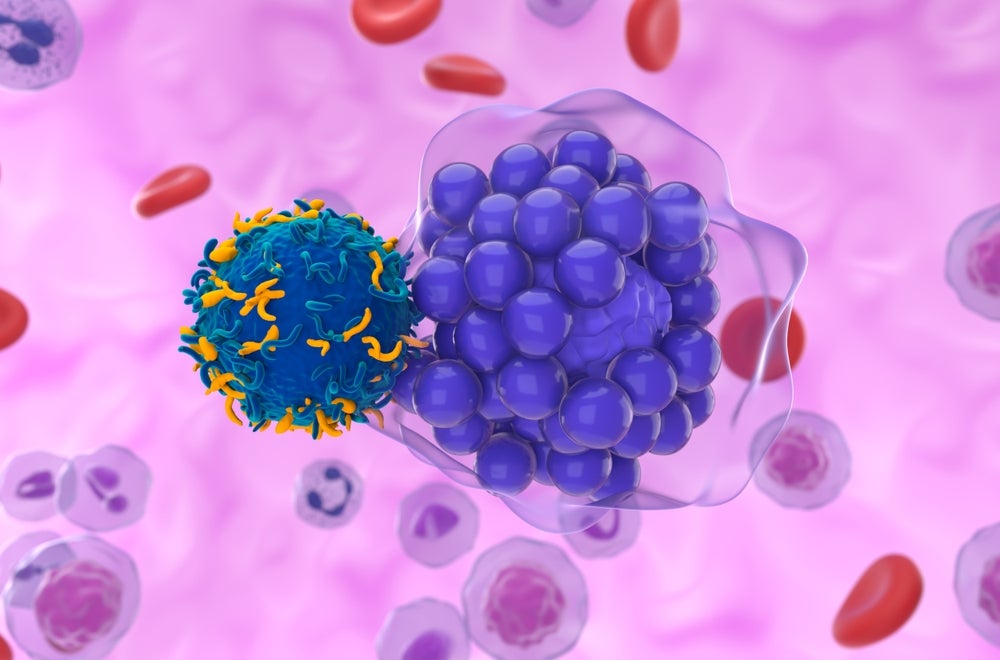University of Maryland Secures $7.8 Million Grant to Transform Renewable Energy Solutions for Ocean Monitoring Technologies
A trailblazing initiative led by Stephanie Lansing, a researcher at the University of Maryland, has recently received significant funding from the Defense Advanced Research Projects Agency (DARPA). Aiming to create an innovative biologically fueled energy system, this project is set to revolutionize the way we power underwater research and sensing devices critical to understanding our […]


A trailblazing initiative led by Stephanie Lansing, a researcher at the University of Maryland, has recently received significant funding from the Defense Advanced Research Projects Agency (DARPA). Aiming to create an innovative biologically fueled energy system, this project is set to revolutionize the way we power underwater research and sensing devices critical to understanding our oceans. With an impressive Phase 1 award of $7.8 million, this groundbreaking research focuses on developing a marine-based microbial fuel cell that utilizes microorganisms found in ocean water to generate sustainable energy.
The oceans are home to a myriad of sensing devices that monitor vital environmental parameters, contributing to our understanding of climate change and ensuring national security. Currently, many of these devices rely heavily on traditional power sources, including lengthy underwater cables or lithium-ion batteries. The project led by Lansing sets out to eliminate these cumbersome dependencies by harnessing the power of marine microorganisms. This pioneering effort looks to make ocean research more efficient and sustainable, providing consistent energy generation from natural biological processes.
Within this project, Lansing and her interdisciplinary team are making significant strides by developing a microbial fuel cell capable of generating up to 10 Watts of power continuously for over a year. This power level is especially relevant for powering various aquatic sensors and research instruments without the logistics and environmental impact associated with conventional power sources. The implications of successfully implementing such a system could be far-reaching, ultimately enhancing our capacity to conduct oceanographic research while minimizing our ecological footprint.
At the heart of the Persistent Oceanographic Device Power (PODPower) system is a sophisticated design that not only addresses energy needs but also optimizes the interaction with oceanic microorganisms. By creating a specialized fermentation chamber, the PODPower system will facilitate the pre-digestion of organic material found in the ocean water, converting it into a nutrient-rich substrate for specific bacteria. These bacteria, residing on the electrodes of the fuel cell, will then release electrons, producing electrical power as a direct output.
The intricacies of the PODPower design are noteworthy. An innovative collection net, inspired by the gill structures of fish, ensures that essential organic matter and microbial life are efficiently gathered. This material is then funneled into the fermentation chamber utilizing a unique corkscrew-type auger, which assists in maximizing the conversion of organic material into energy. Furthermore, the project employs a dual cathode system, which enhances the overall power output of the microbial fuel cell, pushing performance levels beyond those previously achieved by similar technologies.
This initiative is part of DARPA’s BioLogical Undersea Energy (BLUE) program, which is dedicated to advancing technologies that exploit ocean biomass to generate energy. The support of $7.8 million for the initial phase underscores the project’s potential to develop vital innovations that extend the operational life of underwater sensors. Anticipating future successes, there is a possibility for an additional Phase 2 funding of $3.4 million, which would focus on expanding deployment capabilities and achieving higher power outputs of 100 Watts, substantially increasing the viability of ocean research deployments.
The sheer breadth of collaboration surrounding this project is noteworthy. The initiative involves researchers from eight prestigious institutions, encompassing various fields of expertise that include marine biology, environmental engineering, and electrical engineering. Partnering organizations include Battelle, George Washington University, Harvard University, the University of Maryland, Baltimore County’s Institute of Marine and Environmental Technology, James Madison University, Johns Hopkins University, and the University of Delaware, along with the Yokogawa Corporation of America. The diversity of perspectives and expertise brought together by these institutions is crucial to the project’s success, allowing for a comprehensive approach to overcoming the challenges posed by powering oceanographic devices.
The first phase of the project is scheduled to run until the summer of 2026, with significant expectations regarding its outcomes. If successful, the PODPower system could dramatically change the landscape of underwater energy solutions, making it not only feasible but also more efficient and environmentally responsible. As the world’s oceans become increasingly monitored for climate change and ecological sustainability efforts, the ability to deploy energy solutions that rely on natural processes is paramount.
The overarching goal of this transformative research is to underline the importance of integrating natural biological systems in energy generation. By tapping into the vast potential of marine microorganisms, the project stands on the cusp of a significant breakthrough in renewable energy technology. As climate change continues to demand innovative solutions, the collaboration highlighted within this bold initiative serves to ensure that we remain ahead in the race to protect our planet’s invaluable marine ecosystems.
Beyond its innovative approach, the PODPower project also raises crucial questions regarding the sustainability of energy generation strategies in marine environments. As researchers explore the intersection of biology and technology, it will be essential to assess the broader impacts of deploying such systems on local marine ecosystems. Balancing ecological health with technological advancements represents one of the project’s core challenges, demanding rigorous monitoring and assessment to ensure that the benefits far outweigh any potential risks.
In conclusion, Stephanie Lansing’s project reflects a promising shift towards more sustainable marine exploration technologies. By addressing existing limitations in energy provision for underwater sensors and devices, this research initiative could set a precedent for future innovations. As Part of DARPA’s commitment to pioneering scientific advancements, the PODPower system exemplifies how interdisciplinary collaboration and cutting-edge science can lead us towards a more sustainable future in exploring and protecting our oceans.
Subject of Research: Development of a biologically fueled energy source for ocean sensors
Article Title: Revolutionary Bioenergy System Set to Transform Ocean Research
News Publication Date: October 2023
Web References:
References:
Image Credits:
Keywords
What's Your Reaction?

































